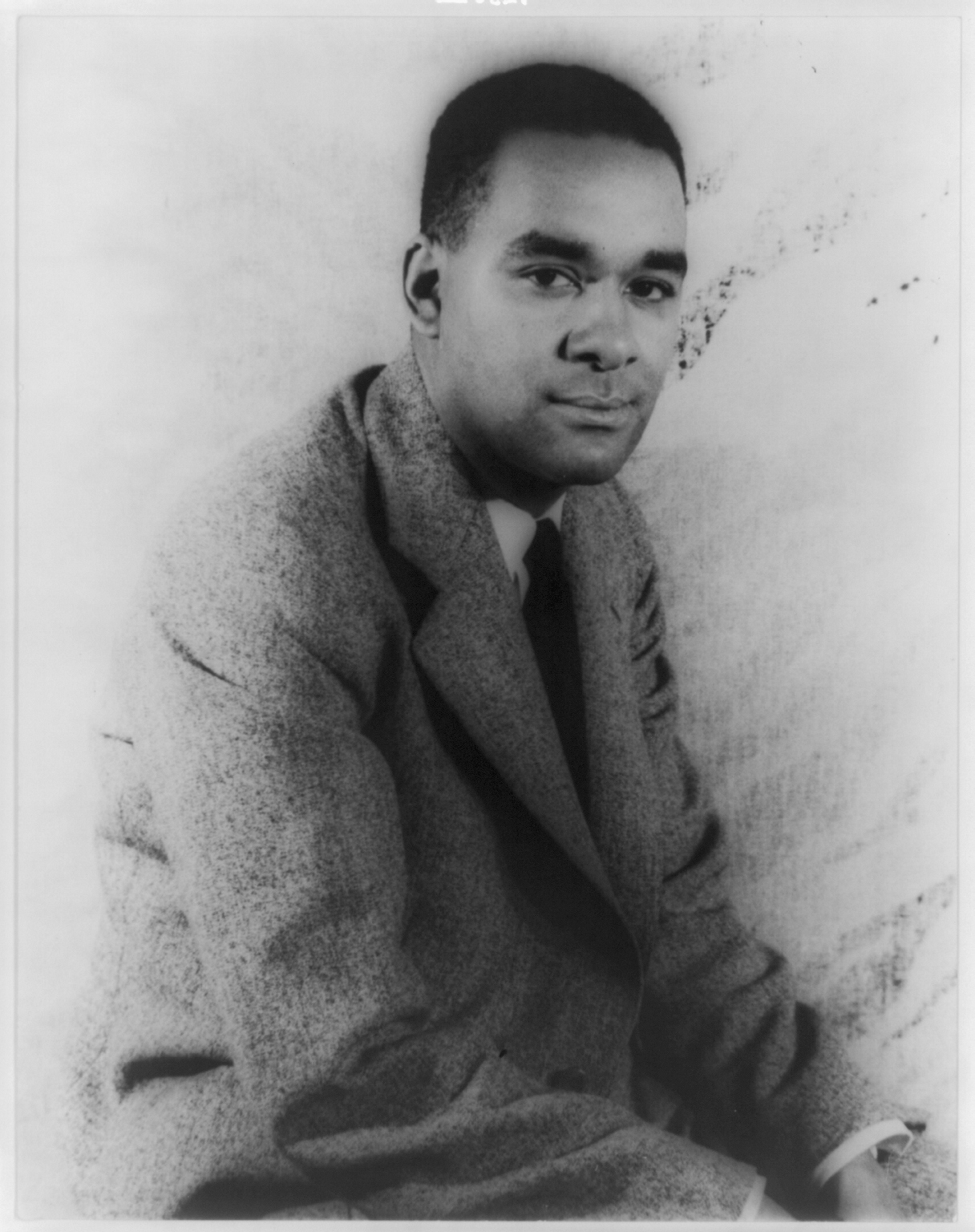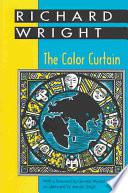Works
Famous Richard Wright Quotes
“We shared a common tongue, but my language was a different language from theirs.”
Black Boy (1945)
Context: All my life I have done nothing but feel and cultivate my feelings; all their lives they had done nothing but strive for petty goals, the trivial material prizes of American life. We shared a common tongue, but my language was a different language from theirs.
The Outsider (1953)
Richard Wright Quotes about life
The Long Dream (1958)
Black Boy (1945)
Context: (If I were a member of the class that rules, I would post men in all the neighborhoods of the nation, not to spy upon or club rebellious workers, not to break strikes or disrupt unions; but to ferret out those who no longer respond to the system in which they live. I would make it known that the real danger does not stem from those who seek to grab their share of wealth through force, or from those who try to defend their property through violence, for both of these groups, by their affirmative acts, support the values of the system in which they live. The millions that I would fear are those who do not dream of the prizes that the nation holds forth, for it is in them, though they may not know it, that a revolution has taken place and is biding its time to translate itself into a new and strange way of life.)
Native Son (1940)
Richard Wright Quotes about feelings
unheard-of and unfelt effects with words.
Source: Native Son (1940), p. xxx
"Fear", pp. 47, Harper Row 1966
Native Son (1940)
Native Son (1940)
Source: Native Son (1940), p. xxvii
Richard Wright: Trending quotes
Black Boy (1945)
Context: Once, in the night, my mother called me to her bed and told me that she could not endure the pain, that she wanted to die. I held her hand and begged her to be quiet. That night I ceased to react to my mother; my feelings were frozen. I merely waited upon her, knowing that she was suffering. She remained abed ten years, gradually growing better, but never completely recovering, relapsing periodically into her paralytic state. The family had stripped itself of money to fight my mother’s illness and there was no more forthcoming. Her illness gradually became an accepted thing in the house, something that could not be stopped or helped. My mother’s suffering grew into a symbol in my mind, gathering to itself all the poverty, the ignorance, the helplessness; the painful, baffling, hunger-ridden days and hours; the restless moving, the futile seeking, the uncertainty, the fear, the dread; the meaningless pain and the endless suffering. Her life set the emotional tone of my life, colored the men and women I was to meet in the future, conditioned my relation to events that had not yet happened, determined my attitude to situations and circumstances I had yet to face. A somberness of spirit that I was never to lose settled over me during the slow years of my mother’s unrelieved suffering, a somberness that was to make me stand apart and look upon excessive joy with suspicion, that was to make me self-conscious, that was to make me keep forever on the move, as though to escape a nameless fate seeking to overtake me. At the age of twelve, before I had had one full year of formal schooling, I had a conception of life that no experience would ever erase, a predilection for what was real that no argument could ever gainsay, a sense of the world that was mine and mine alone, a notion as to what life meant that no education could ever alter, a conviction that the meaning of living came only when one was struggling to wring a meaning out of meaningless suffering.
“I give permission
For this slow spring rain to soak
The violet beds.”
Haiku: This Other World (1998)
Source: Native Son (1940), p. xii
Richard Wright Quotes
Black Boy (1945)
Native Son (1940)
Black Boy (1945)
Black Boy (1945)
pg. 360
Native Son (1940)
Source: Native Son (1940), p. vii
Black Boy (1945)
Black Boy (1945)
Black Boy (1945)
Black Boy (1945)
“I am nobody:
A red sinking autumn sun
Took my name away.”
Haiku: This Other World (1998)
Native Son (1940)
Black Boy (1945)
Eight Men (1961)
Black Boy (1945)
“A sleepless spring night:
Yearning for what I never had
And for what never was.”
Haiku: This Other World (1998)
Black Boy (1945)
He doesn’t want a society where he is separate as Negro, but one where he is just another man.
Constance Webb, "Notes preliminary to a full study of the work of Richard Wright" (privately published, 1946)
Black Boy (1945)
Constance Webb, in Richard Wright: A Biography (1968)
Flight, pp. 148
Native Son (1940)
Black Boy (1945)
“You are your own law, so you'll be your own judge.”
The Outsider (1953)
"Flight", pp. 141
Native Son (1940)
pg. xvii
Native Son (1940)
Black Boy (1945)
The Long Dream (1958)
“How can the spirit of the Enlightenment and the Reformation be extended now to all men?”
White Man, Listen! (1957)
Black Boy (1945)
Source: Black Boy (American Hunger) (1991), p. 278
Black Boy (1945)
White Man, Listen! (1957)
Black Boy (1945)
Black Boy (1945)
Native Son (1940)
The Color Curtain (1956)
Black Boy (1945)


